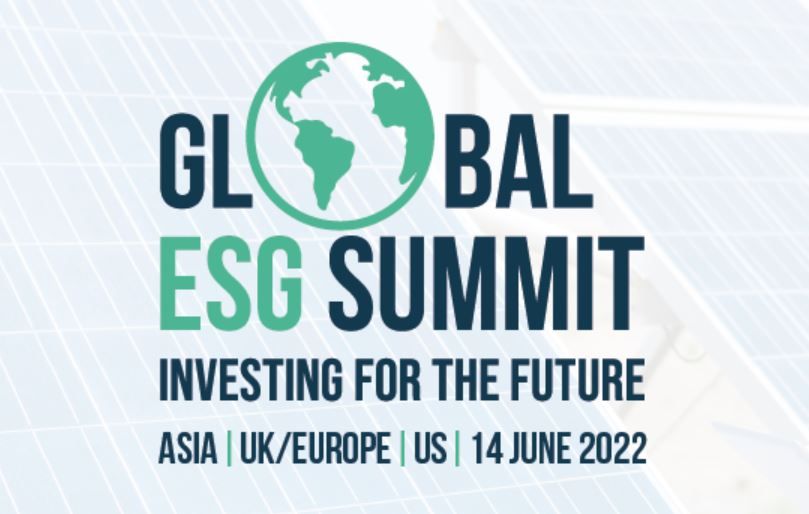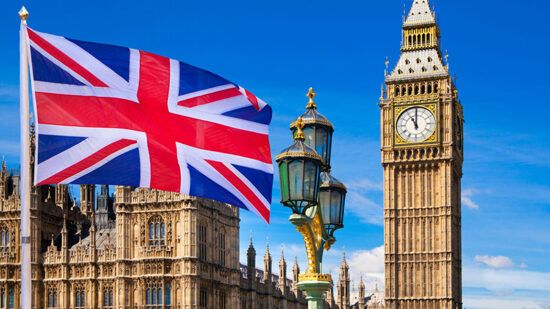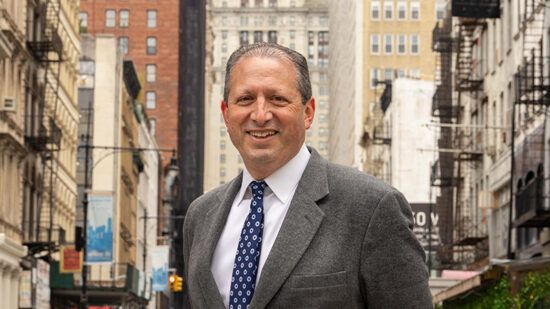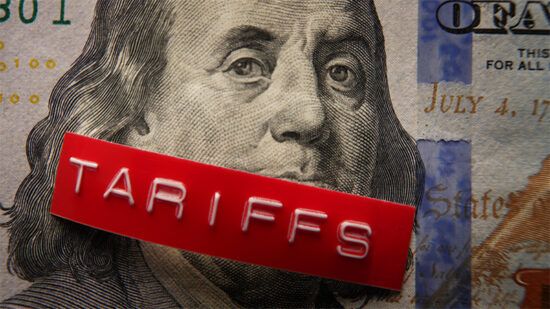From a record-setting proxy season to Russia’s war on Ukraine, there is much for ESG investors to consider. Pathstone’s chief impact officer Erika Karp and Putnam Investments’ head of sustainable investing Katherine Collins spoke in a panel for the Global ESG Summit about big issues they see for the industry.
ESG Clarity’s third Global ESG Summit, supported by WWF International, UN Capital Development Fund and Climate Action 100+, brought together industry experts across three regions (the UK, Asia and the US) to discuss the biggest themes, risks, opportunities, barriers and chances for collaboration.
In the first of two US panel sessions, Karp and Collins discuss the role of energy holdings in sustainable portfolios, the ongoing issue of greenwashing, company disclosures, active versus passive strategies and other themes for the year.
People should think about the magnitude and the pace of transformation when deciding to invest in sectors that are sometimes shunned by “sustainable” portfolios, Karp said.
“If we want to invest thoughtfully in renewables and the next phase of energy generation, there’s no way to do that without really understanding the current system as it is,” Collins said.
Ignoring the incumbents in the energy sector and thinking they don’t have a role to play is not necessarily helpful, she said.
Putnam’s sustainable portfolios include hydrocarbon producing companies, but doing the research is important, she said.
Meanwhile, given the proliferation of products on the market – some of which have simply been repackaged as ESG – greenwashing “is real, and it’s worrisome,” Karp said.
The role of data in thoughtful analysis cannot be understated. As an adviser, Pathstone looks for companies and funds to disclose material issues, consistently and transparently, Karp said.
“We like active managers. Any piece of ESG data is simply a starting point for inquiry,” she said.








